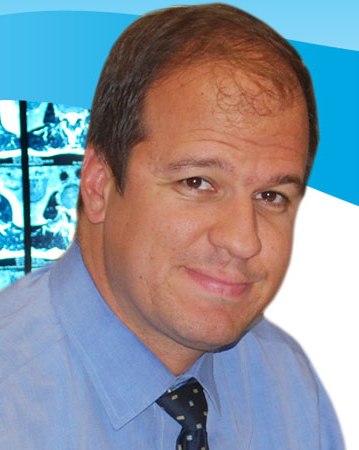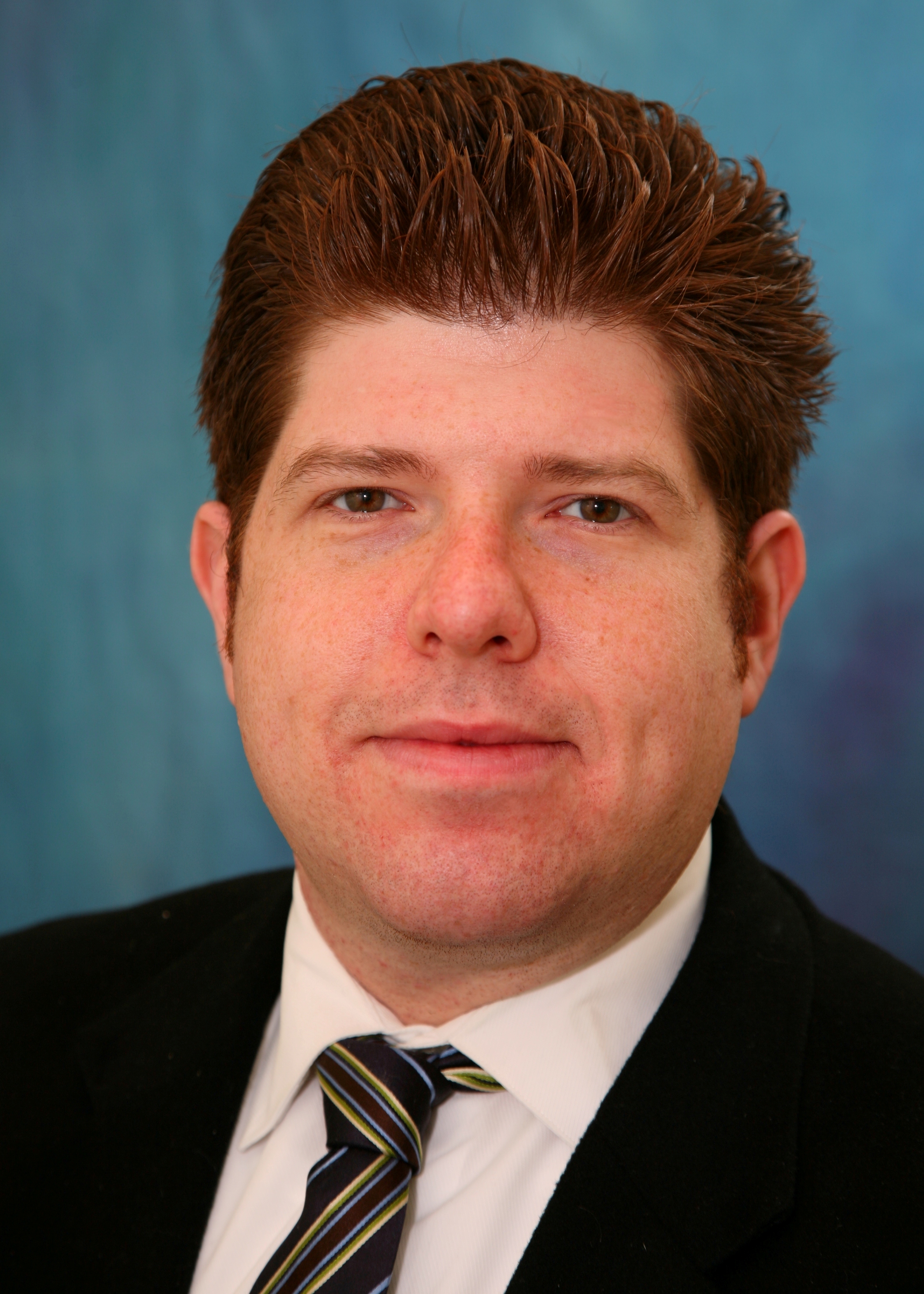Spine surgeons must acquire and hone numerous qualities and skills over the course of their career — but what are their most underrated qualities?
Ask Spine Surgeons is a weekly series of questions posed to spine surgeons around the country about clinical, business and policy issues affecting spine care. We invite all spine surgeon and specialist responses. Next week's question: Five years into the PPACA, do you think that the U.S. healthcare industry is better off or not?
Please send responses to Anuja Vaidya at avaidya@beckershealthcare.com by Wednesday, April 1, at 5 p.m. CST.
Question: What is the most underrated quality of a great spine surgeon?
Gowriharan "Ty" Thaiyananthan, founder of BASIC, Newport Beach, Calif.: I think the most underrated quality of a great spine surgeon is tenacity. Spine surgeons in today's medical environment face a lot of challenges and at times misconceptions, but what continues to impress me is that as a group we continually meet the challenges of our profession. We just don't give up. Instead, we adapt, we improve and in general, we have moved medicine as an entity forward.
As spine surgeons, we tackle difficult clinical problems and continuously face increasingly difficult regulatory, financial and social pressures. We have faced these challenges by consistently improving our outcomes through the development of technologies such as minimally invasive procedures, developing cost-effective methods for patient care, such as ASCs, and assumed a greater leadership role in our hospitals and medical associations.
Tenacity is definitely not just the most underrated quality of a great spine surgeon, but I believe all spine surgeons have it.
 Thomas Roush, MD, Roush Spine, Lake Worth, Fla.: The ability to tailor and execute the most efficient patient-specific treatment plan is the most underrated quality of a great spine surgeon. Many components are necessary to employ this ability — listening to the patient complaints, understanding and refining patient expectations, mastering the multitude of surgical and nonsurgical treatments from which to select and clearly communicating to patients before and after the treatment. Treating MRI scans often leads to patient and surgeon disappointment; treating patients always leads to the best possible outcome.
Thomas Roush, MD, Roush Spine, Lake Worth, Fla.: The ability to tailor and execute the most efficient patient-specific treatment plan is the most underrated quality of a great spine surgeon. Many components are necessary to employ this ability — listening to the patient complaints, understanding and refining patient expectations, mastering the multitude of surgical and nonsurgical treatments from which to select and clearly communicating to patients before and after the treatment. Treating MRI scans often leads to patient and surgeon disappointment; treating patients always leads to the best possible outcome.
Brian R. Gantwerker, MD, The Craniospinal Center of Los Angeles: Knowing when to operate, and when to stop.

